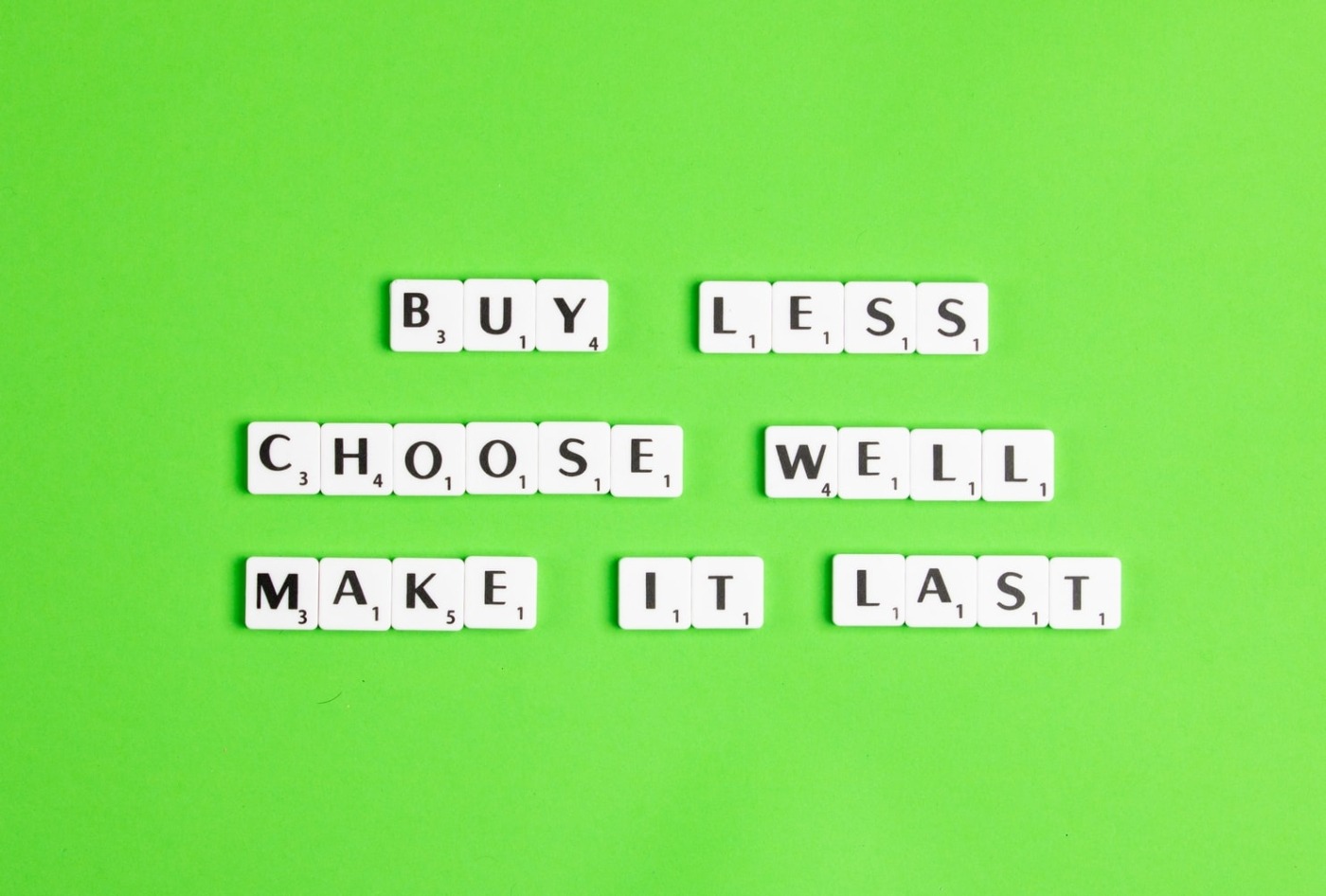A quick and easy guide to sustainability during a pandemic
As we enter into a ‘new normal’, it is important to prioritise our health and the environment. For a quick and easy guide to sustainability during a pandemic, check out these tips below!
Buy or make reusable masks
Lockdown has resulted in a lot of people having unprecedented amounts of free time. Instead of bingeing Netflix series and indulging in unhealthy treats, why not join the growing ranks of DIYers and handy-crafters?
Reusable masks are easy to make yourself out of old cotton fabrics you already have at home such as clothes, curtains or table cloths – just make sure the material is thin enough to be able to breathe through!
If you aren’t creatively inclined, why not buy a handmade one from someone in your local area instead? This way you’ll be supporting local craftsmanship and getting to know new people in your area!
Reusable masks can be washed in the washing machine (on a high temperature to kill germs) or sterilised with freshly boiled water. Reusable masks are more cost-effective than single-use masks in the long-run and are less likely to end up in the streets or in landfill where they can harm wildlife and pollute the environment.
Try to replace or reuse plastic wherever you can
While plastic bottles and other containers are undeniably practical due to their lightweight and sturdy nature, they create huge problems for the environment, taking thousands of years to break down. As they are digested or physically broken down, they form microplastics that have been found in both animal and human organs.
Invest in a lightweight aluminium, glass, stainless steel or durable plastic reusable water bottle to keep you hydrated. Many come in snazzy colours and designs, so this is the perfect opportunity to let your personality shine through!
Invest in eco-friendly soap
One good thing that has arisen from the pandemic is an increase in handwashing, but sadly, this has had an environmental cost. With people washing their hands more than ever, far more plastic liquid soap dispensers have been consumed, leading to greater plastic waste and further pollutants heading into the ocean.
Liquid soaps commonly contain harmful chemicals such as parabens and parfum; these often originate in petrochemicals, which bioaccumlate in the environment. Here, a sustainable switch would be to opt for a bar of soap made with natural ingredients, and to ditch the plastic packaging.
While we can recycle, choosing bar soap cuts out the energy needed in order to extend the life of your empty bottle. A top tip for keeping your bar of soap hygienic and pandemic friendly is to have your own personal bar, and to keep it dry when not in use, preventing a bacteria build-up in its scum. This can be done by keeping it on a soap dish to drain, and by rinsing the soap before use.
Buy second-hand clothes
The environmental cost of fast fashion is well-known. However, there are plenty of sustainable options when it comes to updating your wardrobe. Why not try visiting a local charity shop, or invest in some vintage pieces on Depop?
If buying second-hand clothes isn’t your thing, there are a great number of ethical and sustainable fashion brands to choose from. My personal favourites are TALA, Vera Bradley and People Tree. If we are to tackle the problem of fast-fashion, we must start by investing in eco-friendly alternatives.
Reduce your food waste
As bars and restaurants begin to reopen, it is important to try and reduce our food waste. If you decide to eat out, do your research! There are plenty of eco-friendly restaurants and cafés that offer delicious alternatives. Remember to avoid fast-food chains and always ask if the waiters can box up your food to take home, rather than using plastic containers.
When at home, make sure to use up every item you buy in the supermarket. It is far better to shop little and often, making a list of things you need. Storing food correctly is also important so that produce does not ‘go off’ too quickly. As a student, it is a great idea to batch-cook meals each week to make the most of the products you buy.

Comments